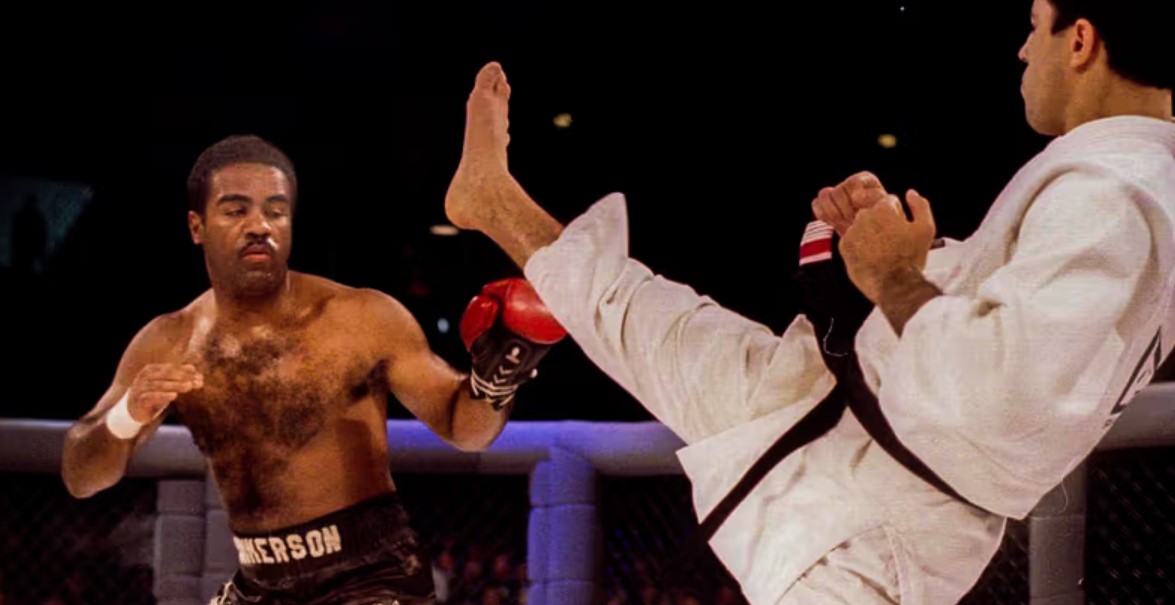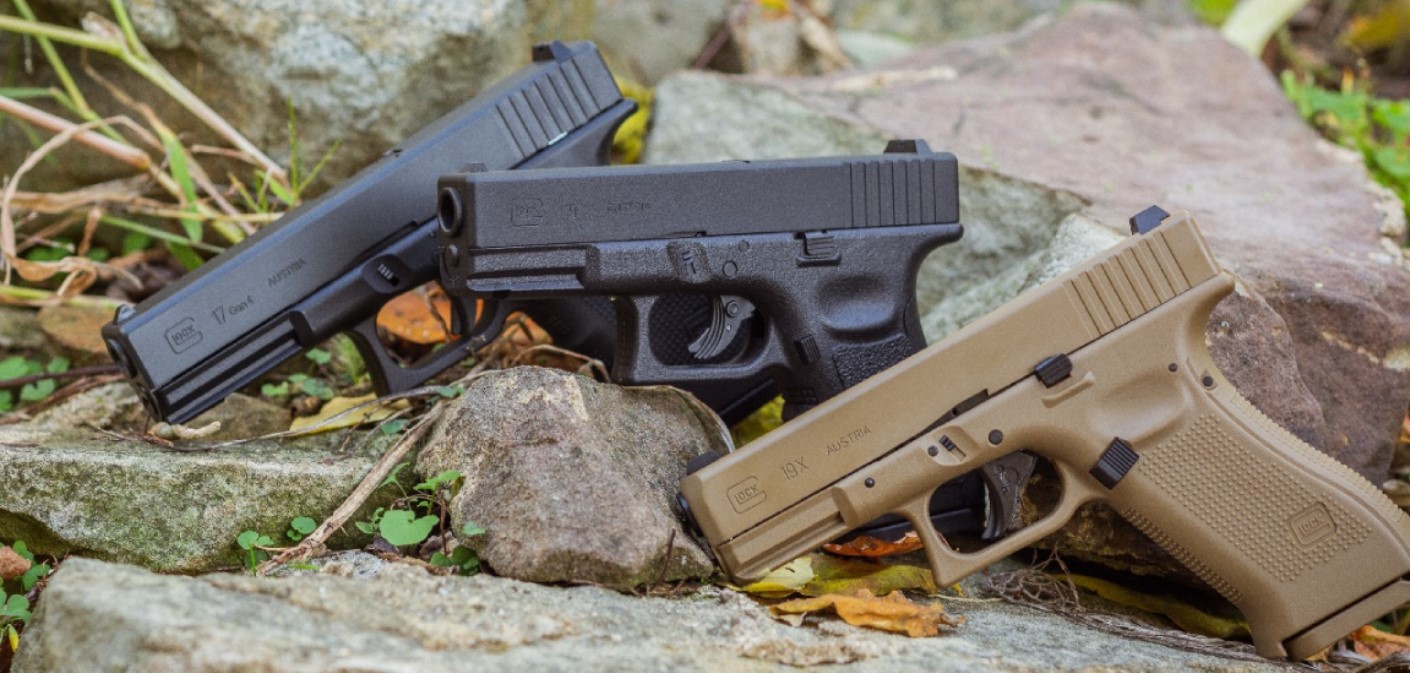What knives are illegal in Colorado? Colorado, like many states, has specific laws regulating the possession and carrying of knives. Whether you’re a hunter, camper, or knife enthusiast, it’s essential to understand the laws in place to avoid legal trouble. In this article, we’ll break down Colorado’s knife laws, focusing on what types of knives are illegal and any restrictions you should be aware of. Follow https://theselfdefensetool.com/ !!
Overview of Colorado Knife Laws
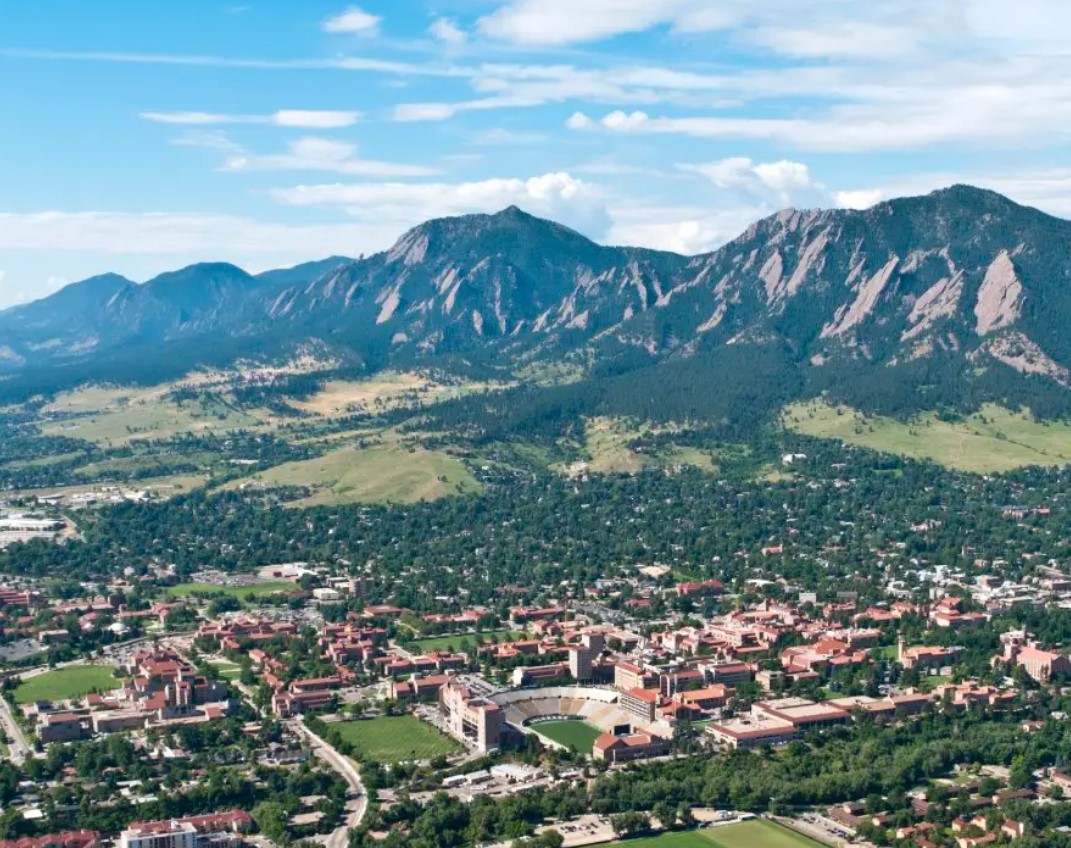
Colorado’s knife laws are relatively lenient compared to other states, but certain restrictions exist. The state’s knife regulations fall under the general guidelines of Colorado Revised Statutes (C.R.S. 18-12-101). In Colorado, knives are classified by their blade length, and the legality of carrying a knife often depends on whether it is considered a dangerous weapon.
What knives are illegal in Colorado?
While many knives are allowed for both open and concealed carry, some are restricted. The following knives are illegal under specific circumstances:
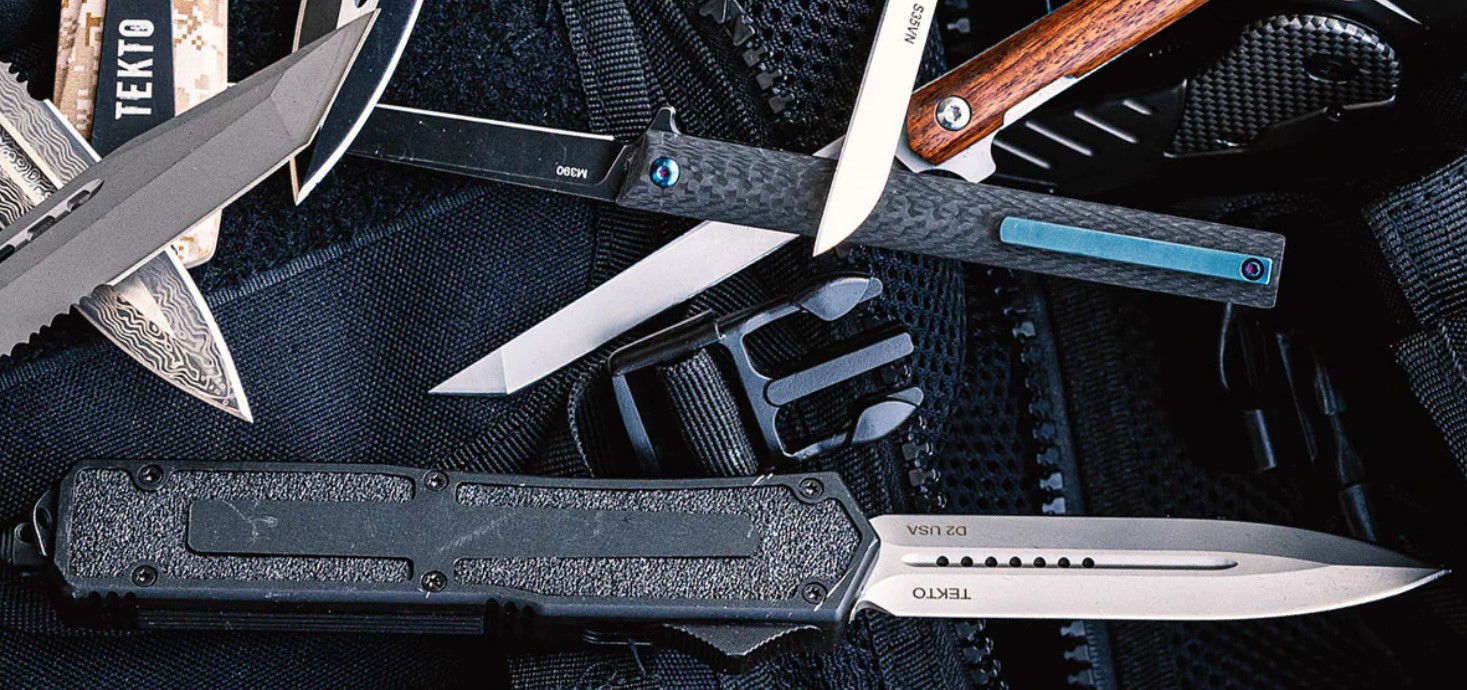
- Ballistic Knives:
- Ballistic knives are explicitly prohibited in Colorado. A ballistic knife is defined as a knife with a detachable blade that can be ejected and propelled as a projectile by a spring or other mechanism.
- Reason for illegality: The ability to shoot the blade makes these knives particularly dangerous, and their possession or use is a felony under Colorado law.
- Gravity Knives:
- A gravity knife has a blade that opens through the force of gravity or centrifugal force. This type of knife is generally illegal to carry in a concealed manner in Colorado.
- Reason for illegality: The ease with which these knives can be opened with one hand raises safety concerns, especially in concealed carry situations.
- Are switchblades illegal in colorado?
- Switchblades, also known as automatic knives, are illegal to possess and carry concealed in Colorado if the blade exceeds 3.5 inches in length. If the blade is shorter than 3.5 inches, it may be carried without issue.
- Reason for restriction: The quick deployment of the blade can make these knives dangerous in close combat or self-defense situations. Colorado law restricts their size and usage to limit potential harm.
- Blackjacks: These are blunt weapons often made of a flexible handle with a heavy weight at one end. Blackjacks are also classified as dangerous weapons and are illegal to possess or carry.
>>> Click Is Pepper Spray Legal in Arizona?
Knife Carry Restrictions in Colorado
Apart from the types of knives that are explicitly illegal, there are additional restrictions on how certain knives can be carried:
- Concealed Carry Restrictions:
- It is illegal to carry any knife with a blade longer than 3.5 inches in a concealed manner. Concealed carry means carrying the knife in such a way that it is not visible to others, such as in a pocket, under clothing, or in a bag.
- Exceptions: Licensed hunters, fishermen, and those participating in legal outdoor activities are generally exempt from this restriction while engaging in these activities.
- Open Carry of Large Knives:
- Knives with blades longer than 3.5 inches are legal to carry openly in most areas of Colorado. However, some cities, like Denver, have more restrictive knife laws, which we’ll discuss further below.
- Open Carry Definition: Open carry means that the knife is visible and not concealed, such as being worn on a belt or carried in a sheath that is easily seen by others.
- School Grounds:
- It is illegal to carry any knife, regardless of blade length, on school grounds. This includes all public and private K-12 schools in the state of Colorado.
- Reason for restriction: The presence of knives on school grounds poses a significant safety risk to students and staff, leading to zero-tolerance policies.
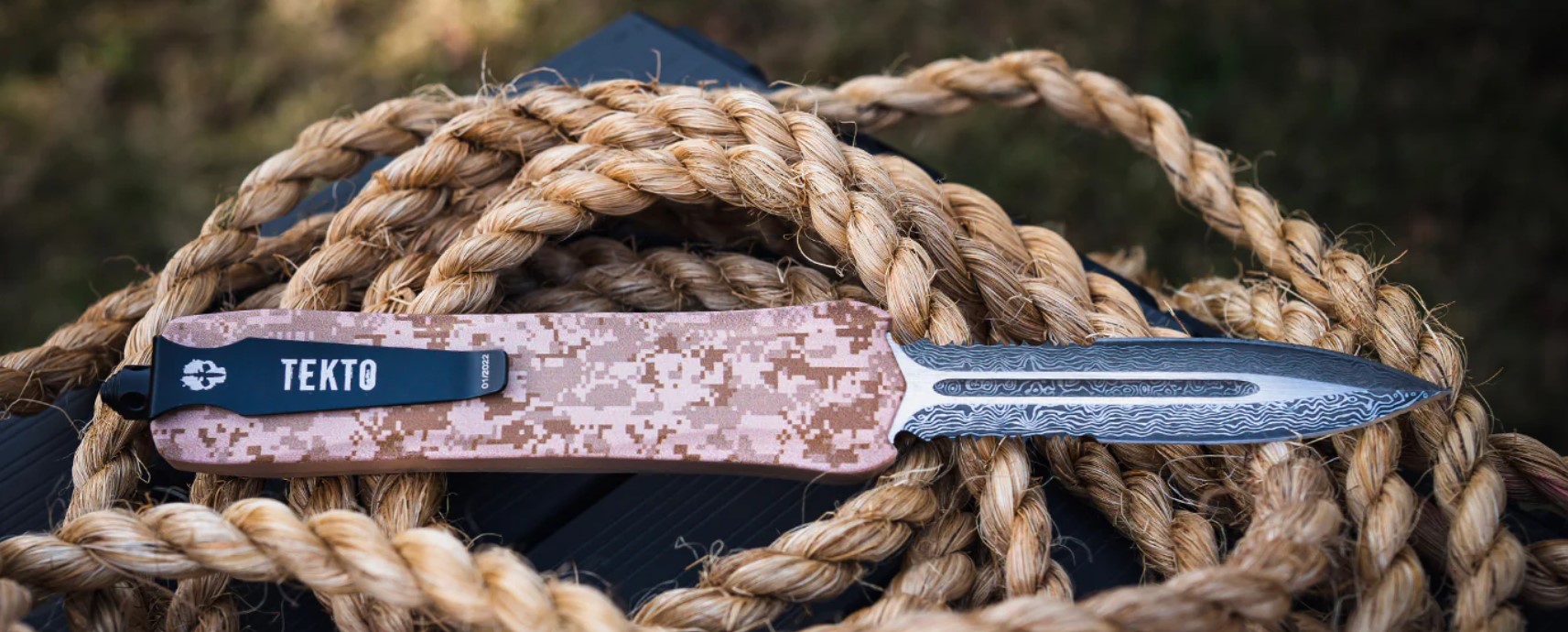
Local Knife Laws in Colorado
One crucial aspect to consider is that some cities in Colorado have more stringent knife laws than the state’s general regulations.
- Denver colorado knife laws:
- Denver, Colorado, has notably stricter knife laws than the rest of the state. In Denver, it is illegal to carry any knife with a blade longer than 3.5 inches, either openly or concealed, within city limits.
- Denver Municipal Code: The code prohibits the possession of dangerous weapons, including large knives, without a permit. This stricter approach aims to reduce potential violence and improve public safety in urban areas.
- Colorado Springs Knife Laws:
- In Colorado Springs, the laws largely mirror state regulations, meaning knives with blades under 3.5 inches can be carried concealed, and larger knives can be openly carried without issue. However, local ordinances may apply in certain situations.
Legal age to carry a knife in Colorado
In Colorado, there is no specific age limit for carrying a knife. However, the type of knife and its size can affect legality.
>>> Read: Are Brass Knuckles Legal In Arkansas?
Legal Exceptions for Knife Carrying
While there are restrictions on knife possession, there are certain legal exceptions in Colorado. These include:
- Law Enforcement Officers:
- Law enforcement officers are permitted to carry knives regardless of the restrictions that apply to civilians.
- Licensed Hunters and Fishermen:
- Hunters and fishermen who are engaged in their respective activities are exempt from certain restrictions, allowing them to carry larger knives for practical purposes.
- Military Personnel:
- Active-duty military personnel may be allowed to carry knives under certain conditions, especially when on duty or engaged in official military activities.
Can a felon carry a knife in Colorado?
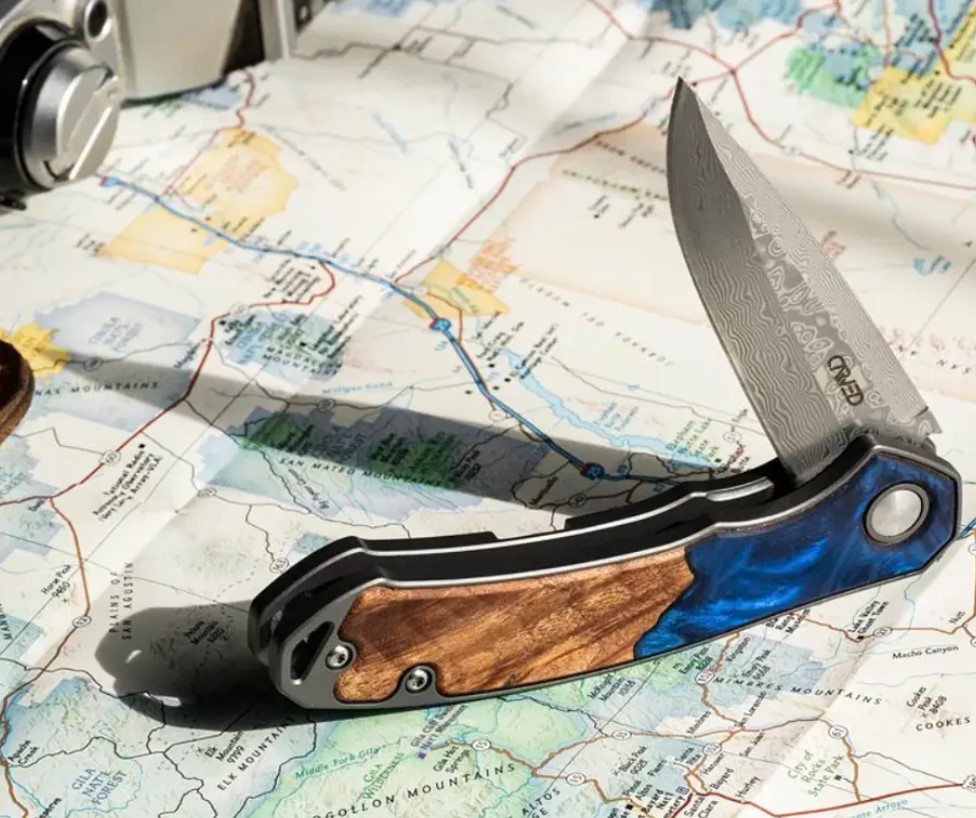
No, a felon cannot legally carry a knife in Colorado.
Colorado law prohibits felons from possessing any type of weapon, including knives. This restriction is in place to prevent individuals with a criminal history from having access to tools that could be used to commit crimes.
If a felon is found to be in possession of a knife, they could face additional criminal charges, including felony weapon possession. It’s important to note that this law applies to all types of knives, regardless of their size or intended use.
Penalties for Violating Colorado Knife Laws
Violating Colorado’s knife laws can result in serious consequences. Penalties vary depending on the offense:
- Misdemeanor Charges: For most illegal knife possession or carrying violations, the charge is a misdemeanor, which can result in fines and up to one year in jail.
- Felony Charges: Possession of ballistic knives or knives used in the commission of a crime can lead to felony charges, which carry much harsher penalties, including longer jail time and higher fines.
Are butterfly knives illegal in Colorado?
The legality of butterfly knives in Colorado is a bit of a grey area. While the state’s laws have been updated to legalize switchblade and gravity knives, there’s no definitive ruling on butterfly knives.
Some argue that butterfly knives fall under the category of gravity knives, making them legal. However, there’s no clear case precedent to support this claim.
It’s important to note that local laws and ordinances can vary. While Colorado state law might allow butterfly knives, specific municipalities may have additional restrictions.
Are otf knives legal in Colorado?
OTF (Out the Front) knives are legal in Colorado. The state’s laws do not specifically prohibit possession or carry of these types of knives. However, it’s always a good idea to be aware of local ordinances and regulations, as they can vary.
Knife Law Compliance Tips
If you live in or are visiting Colorado, follow these tips to stay within legal boundaries:
- Know the Blade Length: Always measure the blade of your knife. If it exceeds 3.5 inches, avoid carrying it concealed.
- Be Mindful of Local Laws: While state laws are lenient, cities like Denver have stricter regulations. Always check local laws before carrying a knife.
- Avoid Schools and Government Buildings: Do not carry knives on school grounds or in government buildings, as this could lead to serious legal trouble.
Understanding Colorado’s knife laws can help you avoid legal complications and ensure you’re abiding by the rules. While most knives are legal in the state, certain types, such as ballistic knives and large switchblades, are restricted. Always pay attention to the blade length when carrying knives, and be aware of local ordinances in cities like Denver. Following these guidelines will allow you to enjoy your knives legally and safely in the state of Colorado.
>> Read: Are brass knuckles illegal in Florida?


